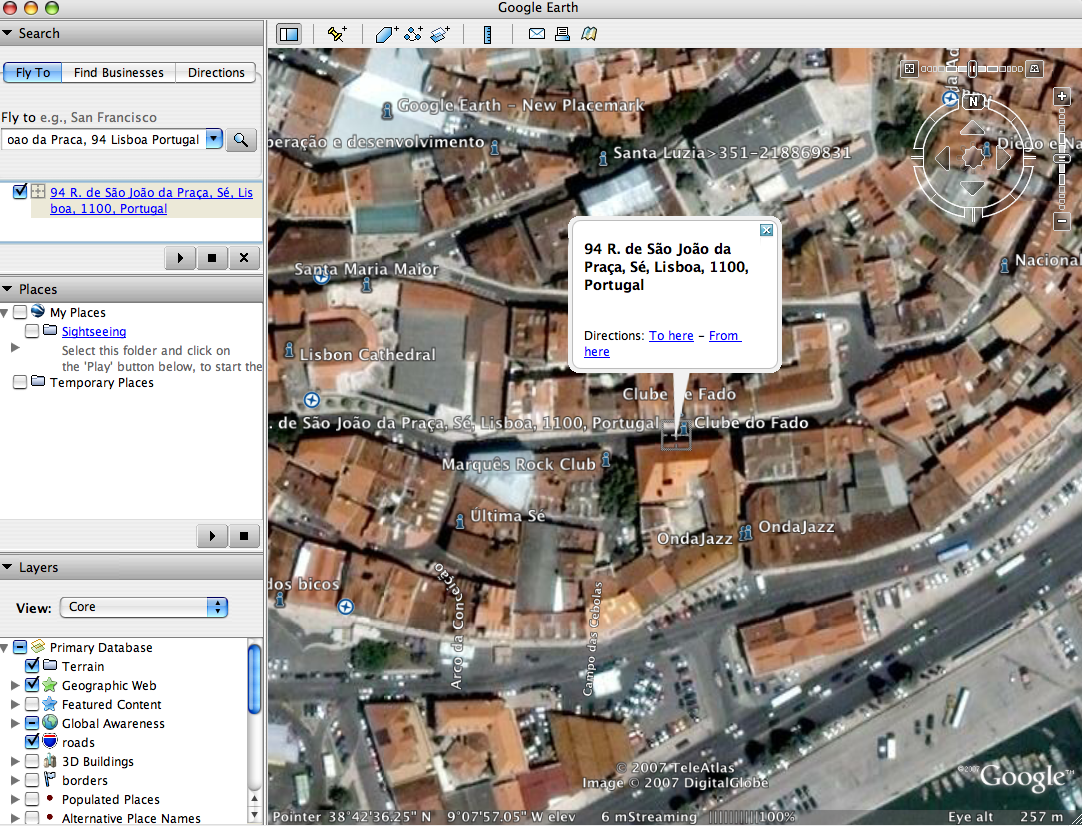

Goals in near future include expanding satellites fleet, landing a rover on Moon, sending humans into space, development of a semi-cryogenic engine, sending more uncrewed missions to the Moon, Mars, Venus and Sun and deployment of more space telescopes in orbit to observe cosmic phenomena and outerspace beyond the Solar System. It has sent two missions to the Moon and one to Mars. ISRO has the world's largest constellation of remote-sensing satellites and operates the GAGAN and NAVIC satellite navigation systems. SLV was followed by ASLV, which was subsequently succeeded by development of many medium-lift launch vehicles, rocket engines, satellite systems and networks enabling the agency to launch hundreds of domestic and foreign satellites and various deep space missions for space exploration. In 1980, ISRO launched satellite RS-1 onboard its own SLV, making India the seventh country to be capable of undertaking orbital launches. ISRO built India's first satellite Aryabhata, which was launched by the Interkosmos ( Soviet Union) in 1975.


It since then has been managed by DOS, which governs various other institutions in India in the domain of astronomy and space technology. The establishment of ISRO thus institutionalised space research activities in India. In 1972, the government of India set up a Space Commission and DOS, bringing ISRO under it. INCOSPAR grew and became ISRO in 1969, within DAE. The Indian National Committee for Space Research (INCOSPAR) was established by India's first prime minister Jawaharlal Nehru under the Department of Atomic Energy (DAE) in 1962, on the urging of scientist Vikram Sarabhai, recognising the need in space research. It is one of the six government space agencies in the world which possess full launch capabilities, can deploy cryogenic engines, launch extraterrestrial missions and operate large fleets of artificial satellites. Operating under the Department of Space (DOS), ISRO is India's primary agency for performing tasks related to space-based applications, space exploration and the development of related technologies. The Indian Space Research Organisation ( ISRO / ˈ ɪ s r oʊ/) is the national space agency of India, headquartered in Bangalore, Karnataka. Thumba Equatorial Rocket Launching Station.


 0 kommentar(er)
0 kommentar(er)
